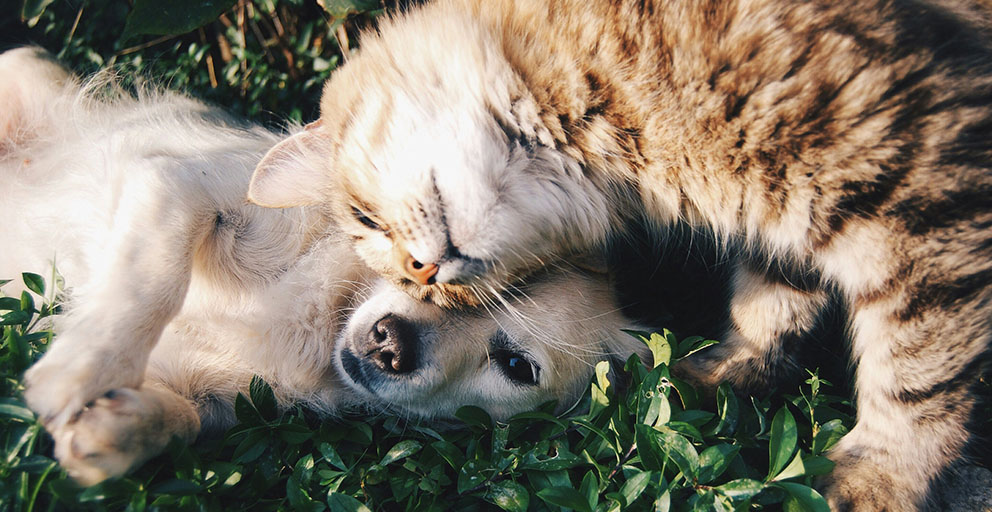By Jacqui Thomas, Director at Sun Wills & Estates
Often the motivation behind doing an estate plan is to protect and provide for the loved ones we leave behind. But what about our furry, feathered, and scaly friends?
They can be included in your estate plan too! Including your pets in your estate plan can ensure their ongoing wellbeing and a smooth transition of their care. This article covers the things you need to think about to include in your plan.
Firstly, despite what blockbuster movies may have us think, you cannot leave gifts to your pets. Although pets feel like a member of the family, at law they are considered property. You cannot leave a gift to your pet (as animals cannot own property), however you can gift your pet to a specific person and make a plan for their care.
There are different strategies that can be used in your estate plan depending on the needs of your pet, your assets, and loved ones. Generally, you might choose to gift your pet in your Will and record your pet’s care plan in your Letter of Wishes. Finding the right strategy needs a one-on-one chat and individual legal advice.
Who to gift your pet to?
Finding the right fit for your pet takes some thought. Some things to consider:
🐕 Your pet’s needs - what do they need to thrive? A little or lot of space? Exercise? Level of care and attention? Do they have special medical needs?
🐇 With those needs in mind, who is suitable to look after your pet? For example, if your loved one is allergic to cats then they’re not going to be the best person to look after your moggy. Think about whether the person and their lifestyle are compatible with your pet and their needs.
🐈 Do you want a cash gift to accompany your pet? This might be to cover your pet’s care and maintenance costs or to thank the person looking after your pet.
🐎 What’s your backup plan? If your loved one can’t take on the care of your pet, is there someone else you can give your pet to? Or a shelter you trust to rehome your pet?
How to gift your pet?
You can choose to gift your pet through your Will or rely on a direction in your Letter of Wishes. There are differences between the two:
Gift by your Will
Your Will is a formal legal document that records gifts from your estate. Gifting your pet under your Will is a binding and enforceable gift. That means your executor (the person in control of your deceased estate) must gift your pet according to the terms of the gift under your Will. However, this does not mean the person you are gifting to must accept the gift and they can still choose not to accept the gift of your pet (which is why it’s good to have a backup plan!).
Direction in your Letter of Wishes
Your Letter of Wishes is a separate document to your Will. It’s an informal document where you record your direction and guidance for dealing with parts of your estate. Your executor may refer to your directions and be guided by it but, unlike your Will, your Letter of Wishes is not binding and enforceable.
If you provide directions for gifting your pet in your Letter of Wishes, your executor may have regard to those directions but is not obliged to follow them. Relying on a direction in your Letter of Wishes gives your executor more flexibility to decide who the appropriate person or charity is to care for your pet at that point in time.
What about a care plan?
Your Letter of Wishes is the best place to record the care plan for your pet. Recording your pet’s care plan sets the carer up for success in meeting your pet’s needs and assists your pet’s transition from your home to their new home. You might include things like how often your pet is fed and the type and quantity of food, the details of your pet’s usual treating veterinarian, any special needs of your pet such as medical needs, their favourite toy, or how to best calm them.
Pet ownership may be “for life”, but we never know what might happen along the way. By including your pets in your estate plan, you’re protecting them from the unknown too. If you want to ensure your pets have someone you know and trust either looking after them or rehoming them then include it in your estate plan.
